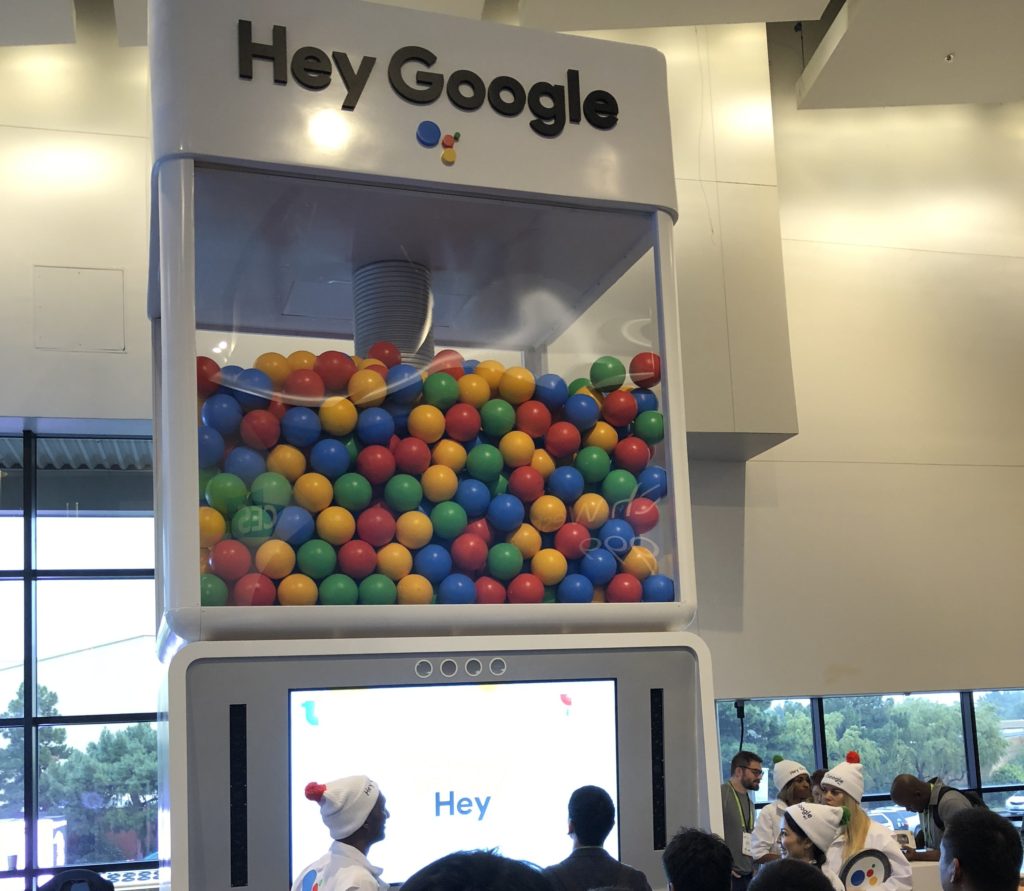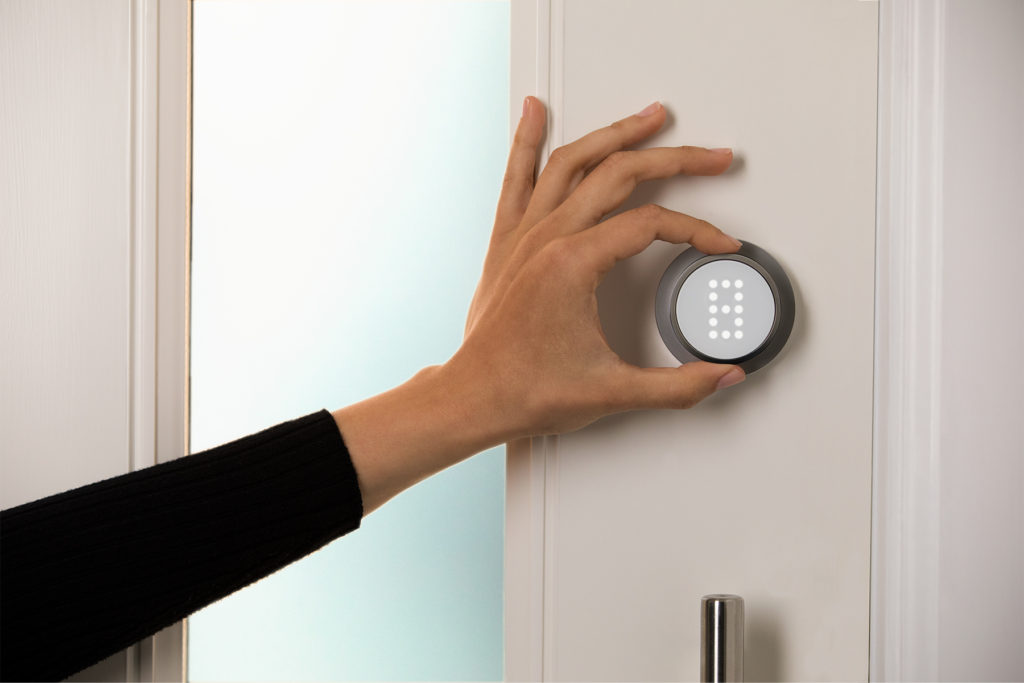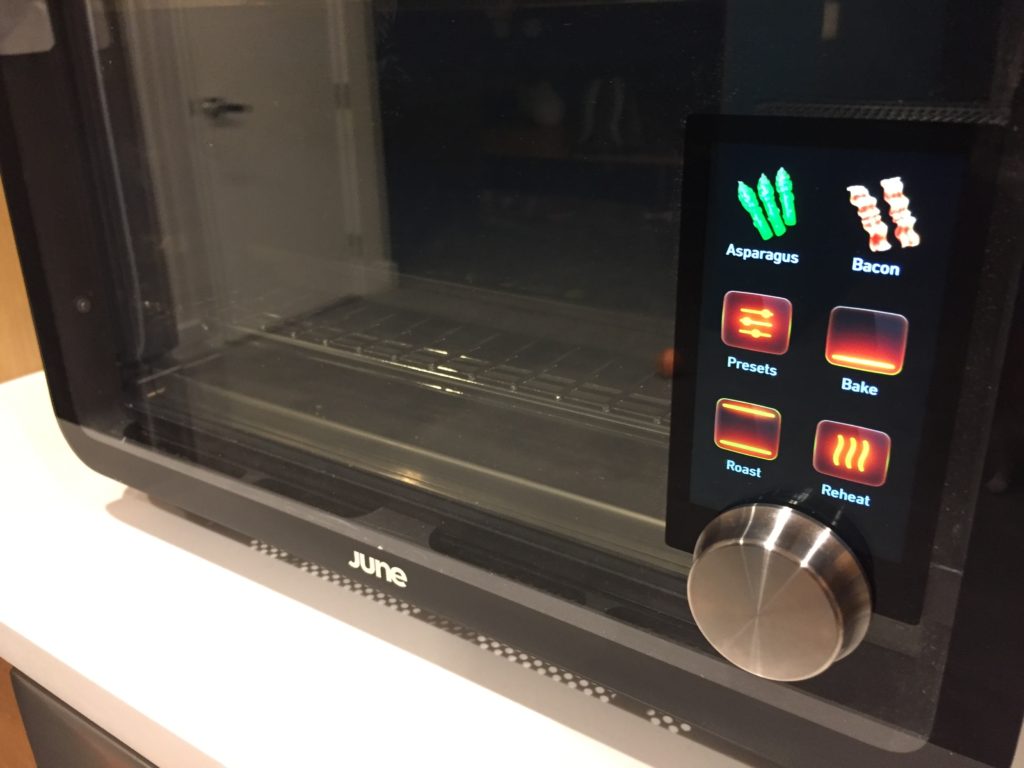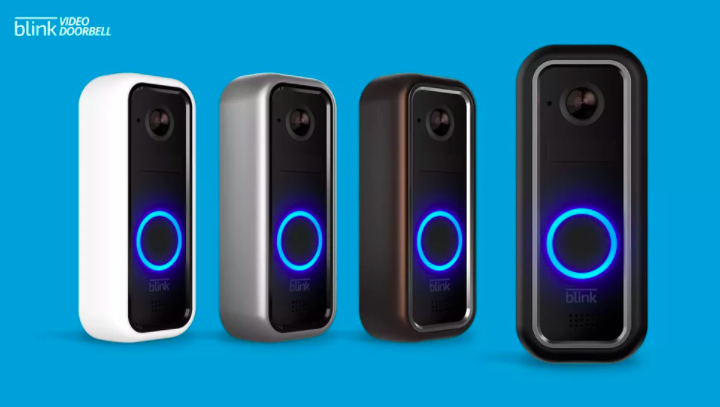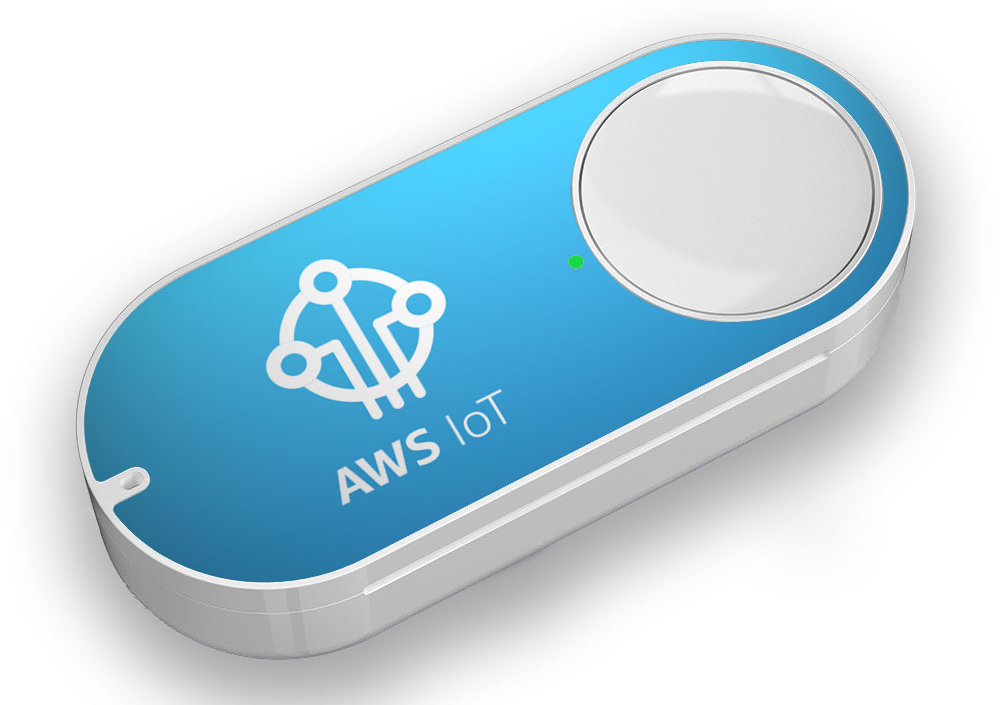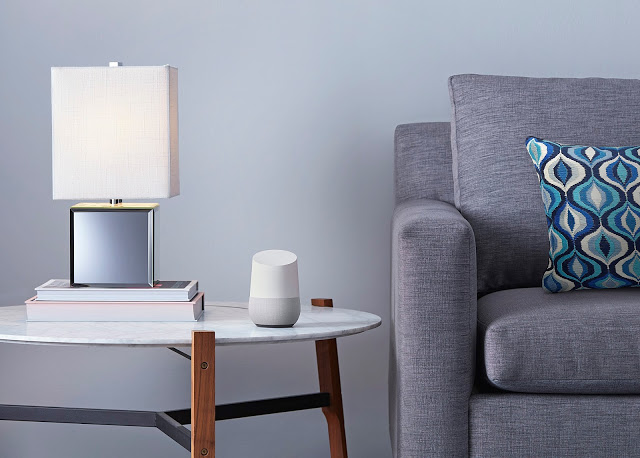The Apple HomePod goes on sale this week and Kevin is getting one for the show. We’re not sure if you should yet. We discuss that, and our respective Google Home experiments in this week’s show. We also cover Ring raising money at a big valuation, layoffs in consumer IoT, and trouble at SigFox and other low power wide area networks. Kevin also bought a hearable, Comcast reported its number of security and home automation customers and Bluetooth rescue buttons have flaws. Plus, we answer a question about wired alarms from one of our listeners.
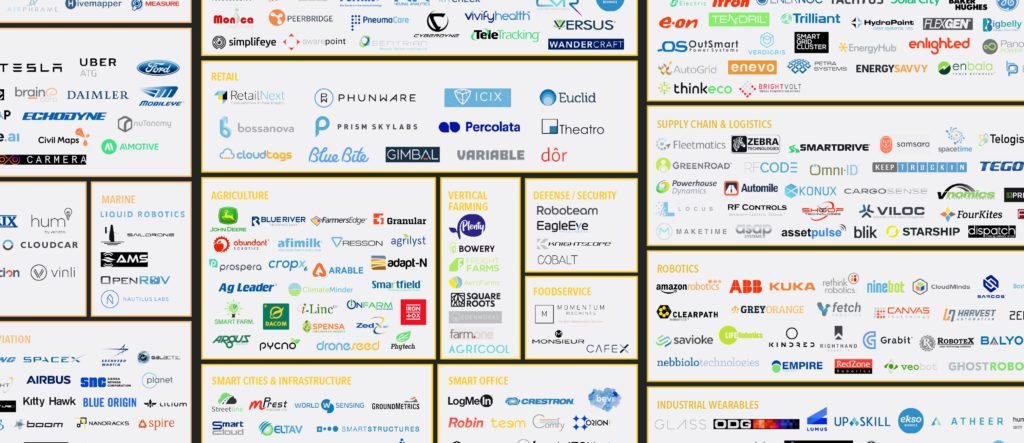
This week’s guest is Matt Turck, managing director at First Mark Capital. Every two years, Turck amazes us with his map of all the IoT startups. This year, he came on the show to talk about where the industry is, what he’s looking to invest in and the end of the first phase of the IoT hype. Listen to the overview and then go check out his in-depth blog post and market map.
Hosts: Stacey Higginbotham and Kevin Tofel
Guest: Matt Turck, First Mark Capital
Sponsors: PointCentral and CBT Nuggets
- I would wait on HomePod unless you’re all in on Apple Music
- Consumer IoT is a wasteland, and then there’s Ring
- Wired alarm? Try Konnected
- The age of experimentation is over
- Does your toaster need a bank account?
Podcast: Play in new window | Download | Embed
Subscribe: RSS



